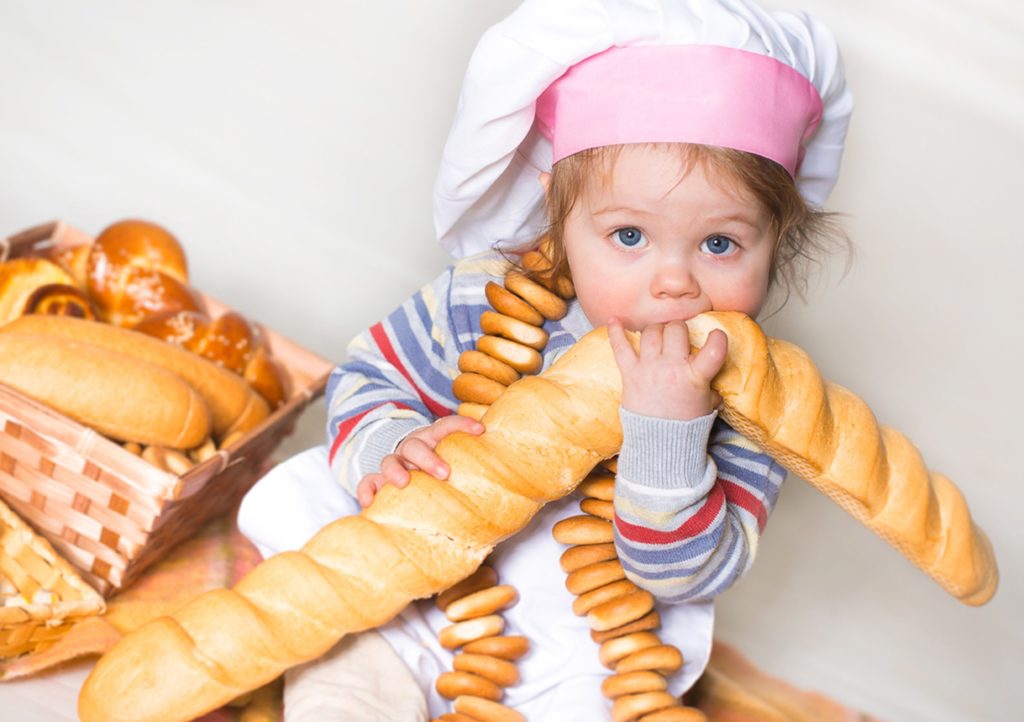Safer bread for children
MycoSafeBread will develop Norwegian bread products tailor-made for young children; with an absolute minimum of the mycotoxin DON, while at the same time fulfilling state health recommendations with regard to whole grains and dietary fiber.

Toddlers eat on average much more bread than adults per body weight, and the Scientific Committee on Food and Environment has estimated that the intake of the mycotoxin DON in children exceeds the tolerable daily intake (TDI) by 3-4 times. The health consequences of this are not known, but previous research conducted by the Norwegian Veterinary Institute shows that even small amounts of DON lead to behavioral changes in mice (Fæste et al., 2019).
MycoSafeBread will use new milling technology together with mycotoxin-reducing processing to manufacture bread products tailored for young children, with an absolute minimum of the mycotoxin DON. By combining various processing technologies, flour fractions can be separated, processed and recombined to further reduce the amount of mycotoxins. The project will also look at whether there are differences in the release of DON in the intestine of children and adults using an artificial intestinal model.
The MycoSafeBread project aims to develop and strengthen expertise in grain processing technologies, product design and innovation as well as explore processing technologies to reduce the amount of DON. The results of the project will help maintain food security and nutritional recommendations, strengthen consumer confidence and create added value in the grain production chain.
MycoSafeBread is a collaboration between the Norwegian Veterinary Institute and Nofima. The 3 years project is funded by the Norwegian Research Council, and will start in July 2020.